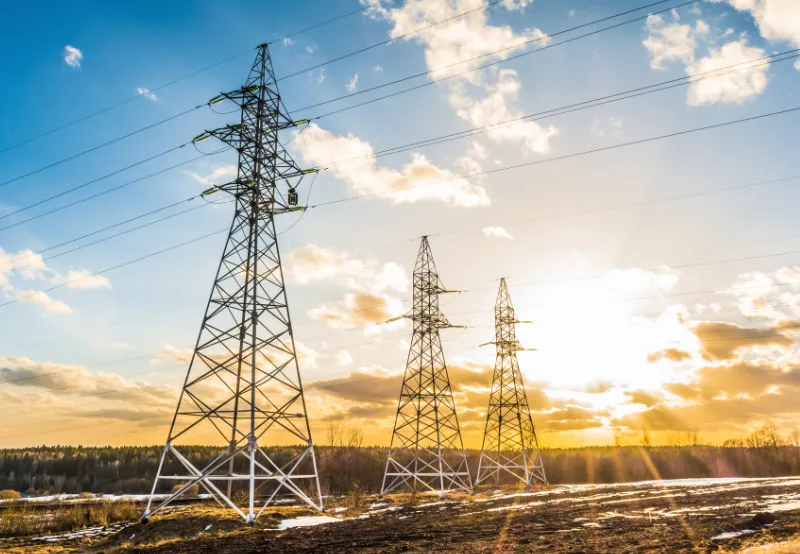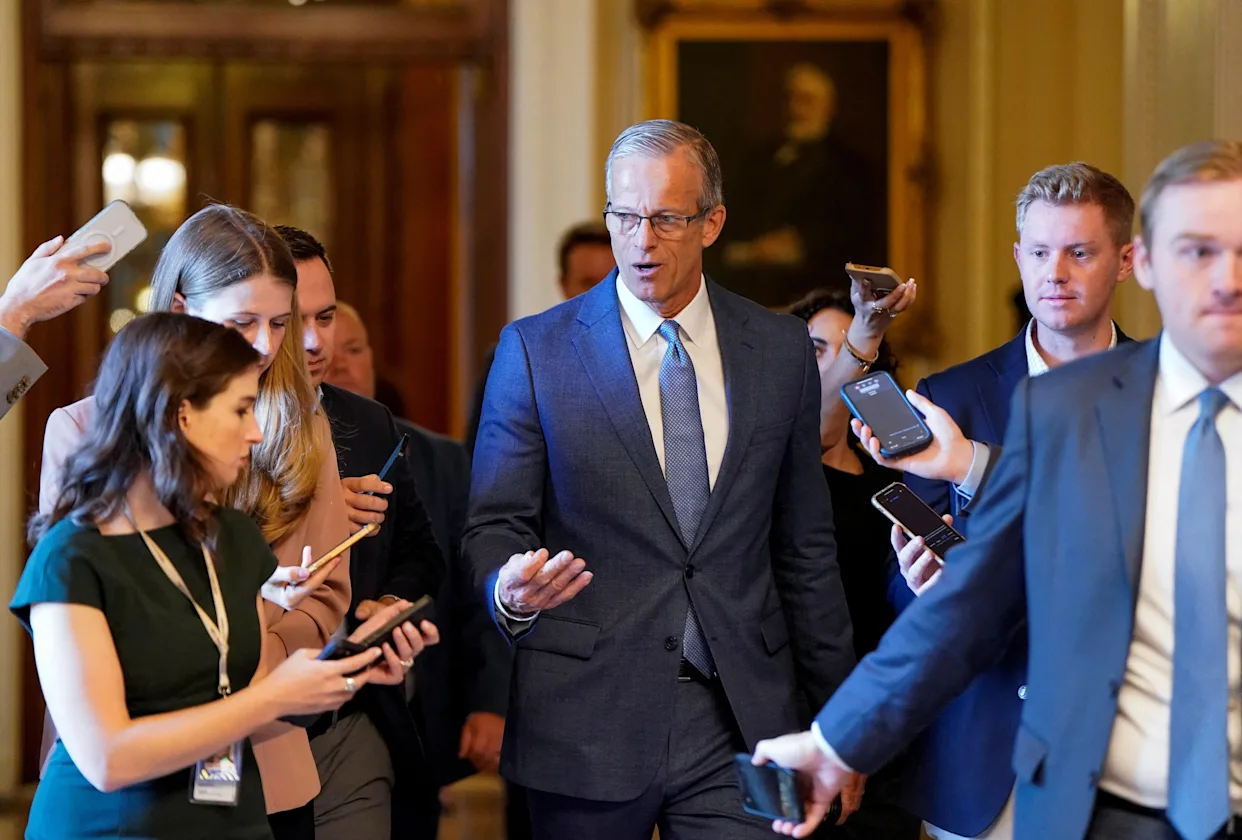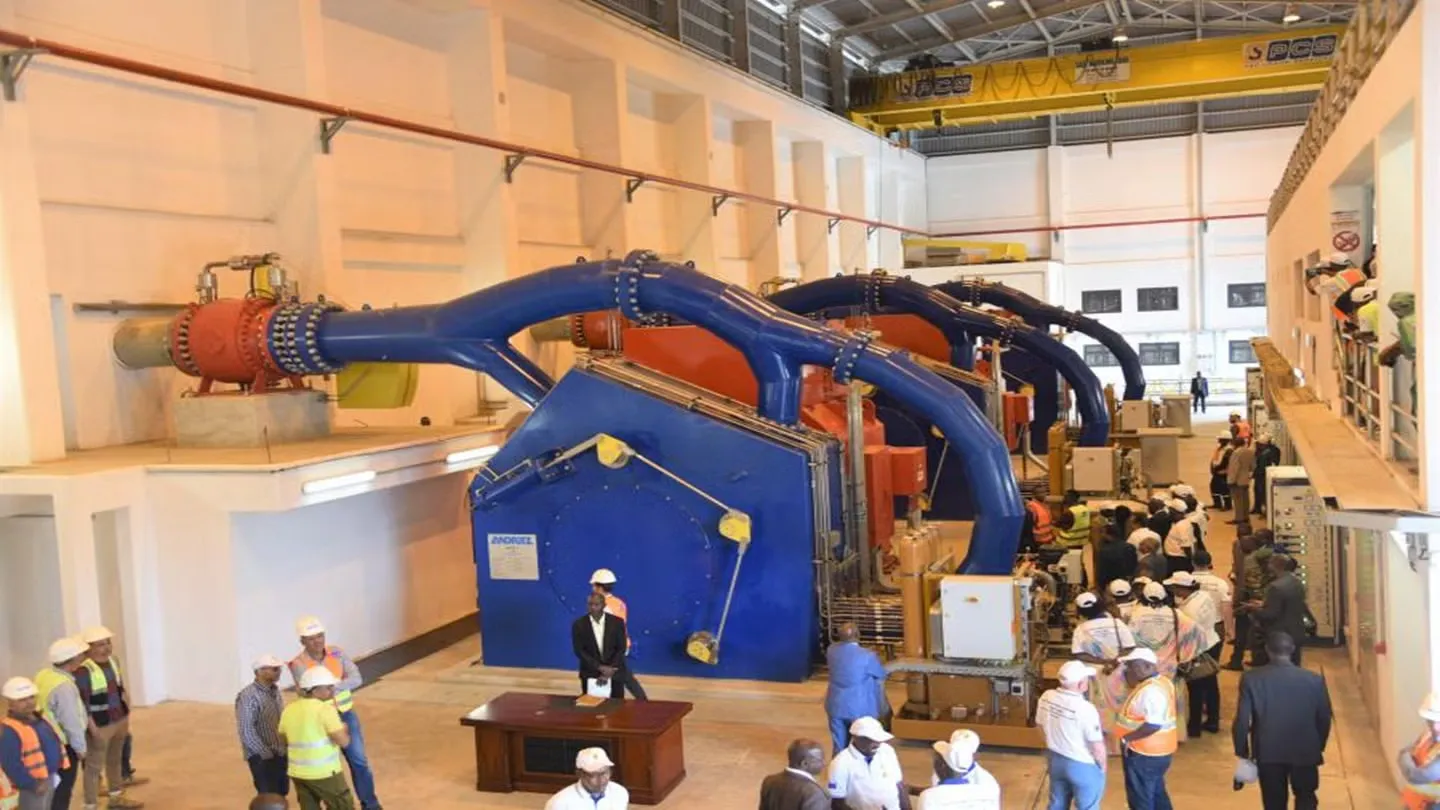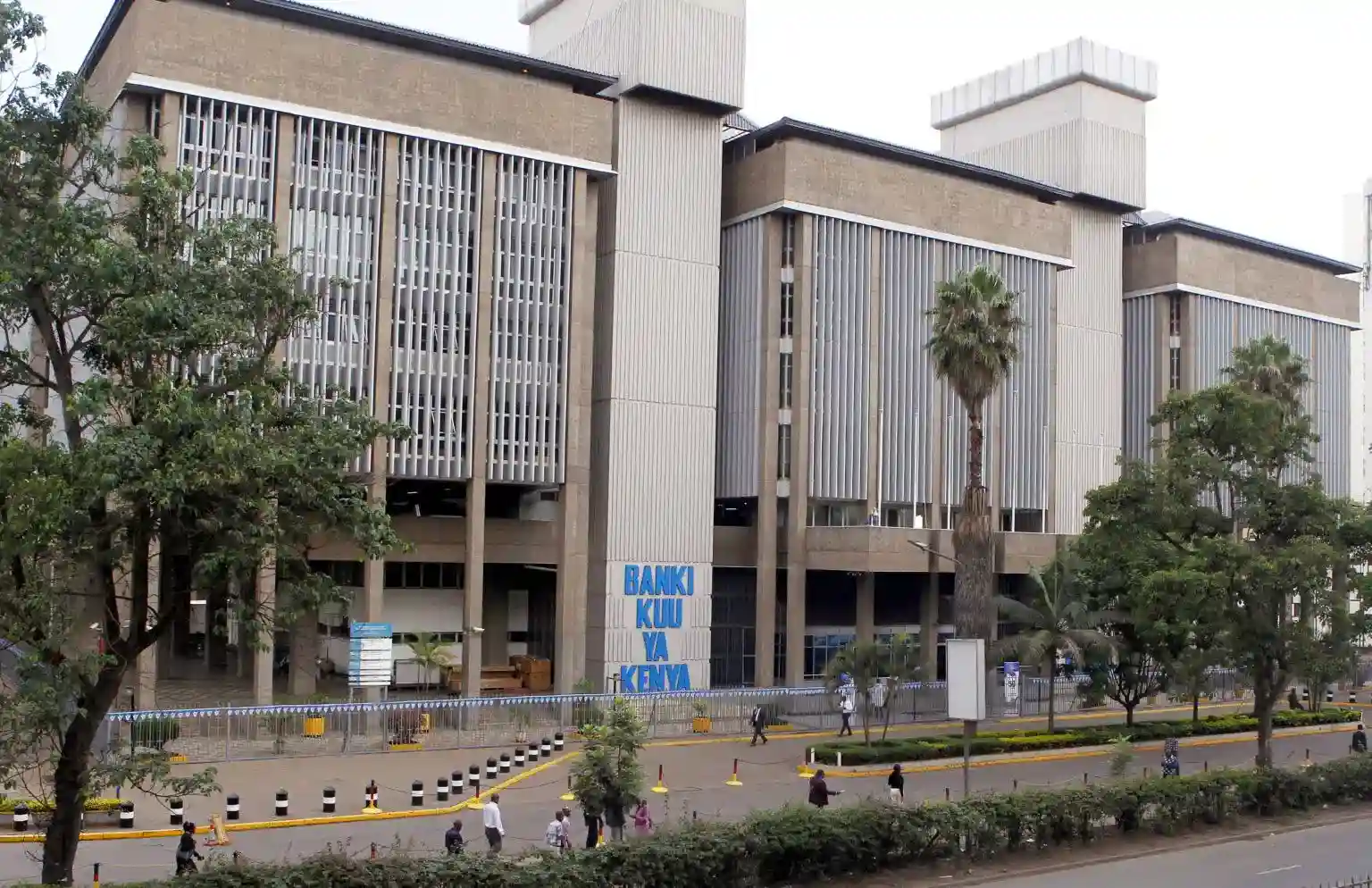South African President Cyril Ramaphosa recently met with South African-born billionaire and tech magnate Elon Musk in the United States, as part of a broader R2 trillion ($107 billion USD) investment campaign aimed at revitalizing South Africa’s economy. This significant diplomatic mission occurred during Ramaphosa’s attendance at the 79th session of the United Nations General Assembly (UNGA) in New York. Ramaphosa’s government has been deeply focused on boosting investment in sectors such as clean energy, technology, and infrastructure as the country grapples with sluggish growth and high unemployment.
The meeting between Ramaphosa and Musk has drawn considerable attention, not only for the symbolism of two influential South Africans collaborating but also for the tangible potential of the investments discussed. With a focus on economic diplomacy and industrial revitalization, Ramaphosa’s trip underscores his administration’s commitment to securing international investment as a means of driving economic recovery.
Ramaphosa’s Investment Mission to the US
The R2 trillion investment campaign forms a critical part of Ramaphosa’s strategy to address South Africa’s economic challenges, including chronic power shortages, infrastructure deficits, and unemployment that remains stubbornly high. The president and his delegation have been engaging in high-level talks with US government officials, business leaders, and other international stakeholders, showcasing South Africa as an attractive destination for foreign investment, particularly in the renewable energy and digital sectors.
Ramaphosa’s meeting with Musk was one of the highlights of his visit. Images from the meeting circulated on social media platforms, including Musk’s own X (formerly Twitter) account, where the billionaire expressed his enthusiasm, calling it a “great meeting.” This engagement further strengthens the possibility of significant collaborations, particularly involving Musk’s ventures in clean energy and space technology.
Elon Musk and Starlink’s Potential in South Africa
One of the most promising aspects of the discussion between Ramaphosa and Musk revolves around the potential introduction of Starlink, the satellite internet service provided by Musk’s SpaceX. Starlink aims to offer high-speed internet access globally via a constellation of satellites in low-Earth orbit, an initiative particularly relevant for countries like South Africa, where internet connectivity remains uneven.
Musk and Ramaphosa had previously discussed Starlink’s potential expansion into South Africa. The service could significantly improve internet access in rural and underserved regions, boosting education, healthcare, and commerce in those areas. Currently, South Africa’s internet penetration stands at about 72%, but rural areas continue to face major connectivity challenges. Starlink could provide much-needed infrastructure to bridge this digital divide, fostering innovation and entrepreneurship in remote parts of the country.
Starlink’s entry into South Africa is particularly relevant as the government pushes forward with its digital transformation strategy, which includes expanding internet access, improving e-government services, and developing a robust tech ecosystem. If successfully launched, the partnership could position South Africa as a leader in digital transformation on the African continent, allowing the country to tap into emerging sectors such as artificial intelligence, blockchain, and fintech.
Clean Energy and Infrastructure Investments
Another critical area of focus for Ramaphosa’s investment drive is South Africa’s clean energy transition. The country has been facing an energy crisis for several years, primarily due to the unreliable performance of its state-run power utility, Eskom. Frequent power outages, known as load shedding, have severely hampered economic growth, with estimates suggesting that load shedding costs South Africa up to R1 billion ($53 million) per day.
During his speech at the South Africa-US Business Forum, which was held at the New York Stock Exchange, Ramaphosa outlined the structural reforms his government has implemented over the last six years. These reforms, he noted, have opened South Africa to greater investment, particularly in the renewable energy sector. He highlighted how the government has made significant strides in creating an enabling environment for clean energy investments through policies like the Renewable Energy Independent Power Producer Procurement Programme (REIPPPP).
South Africa has set ambitious targets to increase its share of renewable energy in the national energy mix, aiming to reduce its reliance on coal, which currently accounts for nearly 85% of its electricity generation. The country has abundant solar and wind resources, making it a prime candidate for large-scale renewable energy investments. Ramaphosa’s push to attract R2 trillion in investment aligns with South Africa’s Integrated Resource Plan, which projects that by 2030, renewables will account for over 40% of the country’s electricity supply.
The transition to renewable energy is critical not only for alleviating South Africa’s energy crisis but also for meeting international climate commitments. South Africa is a signatory to the Paris Agreement, which requires nations to reduce carbon emissions and limit global warming to below 2 degrees Celsius. By attracting foreign investment into clean energy, Ramaphosa is positioning South Africa as a leader in Africa’s green energy revolution.
Addressing the FATF Greylisting
In addition to promoting investment in key sectors, Ramaphosa used his platform at the UNGA and the South Africa-US Business Forum to address concerns over South Africa’s greylisting by the Financial Action Task Force (FATF) in February 2023. The FATF greylist is an international list of countries that have deficiencies in their systems to combat money laundering and the financing of terrorism.
South Africa’s greylisting has been a significant setback for the country’s financial reputation, as it may lead to increased scrutiny and higher costs for South African companies doing business internationally. The FATF highlighted shortcomings in South Africa’s framework for preventing illicit financial flows, including weaknesses in the country’s ability to track and prevent money laundering activities.
In November 2023, the FATF acknowledged that South Africa had made progress in addressing these deficiencies. Ramaphosa has reiterated that his government is working tirelessly to ensure that the country is removed from the greylist. In his speech, he assured investors that the upcoming October report from the FATF would provide further details on South Africa’s ongoing reforms to enhance its anti-money laundering regime.
Ramaphosa emphasized that the government has tightened regulations and improved enforcement mechanisms to prevent illicit financial activities. The FATF’s acknowledgment of South Africa’s progress is seen as a positive step toward rebuilding trust in the country’s financial systems and restoring its credibility in the international markets.
Economic Challenges and the Path Forward
While Ramaphosa’s investment campaign is ambitious, South Africa continues to face numerous economic challenges. The country’s GDP growth has been sluggish, registering just 0.5% in 2023, with unemployment remaining above 32%. Structural issues, including energy shortages, high levels of inequality, and a lack of economic diversification, persist as significant barriers to sustained growth.
To address these challenges, Ramaphosa has advocated for a comprehensive reform agenda. His administration has introduced measures aimed at reducing red tape, improving governance, and stimulating entrepreneurship. Key initiatives include reforming state-owned enterprises like Eskom, creating a more business-friendly regulatory environment, and investing in critical infrastructure such as transport and telecommunications.
Additionally, South Africa’s participation in the African Continental Free Trade Area (AfCFTA) presents an opportunity for growth. The AfCFTA, which came into force in 2021, aims to create the world’s largest free trade area by connecting 54 African nations, representing over 1.3 billion people and a combined GDP of $3.4 trillion. By leveraging AfCFTA, South Africa can expand its export markets and increase its economic integration within the continent.
Conclusion: Strengthening South Africa’s Global Investment Appeal
President Cyril Ramaphosa’s meeting with Elon Musk and the broader R2 trillion investment drive mark a pivotal moment in South Africa’s efforts to reposition itself as an attractive investment destination. As the country continues to grapple with economic challenges, including energy shortages and the fallout from being placed on the FATF greylist, Ramaphosa’s administration is keen to demonstrate that it is committed to implementing reforms that will unlock growth and foster innovation.
Musk’s interest in expanding Starlink into South Africa and potential collaborations in clean energy could play a critical role in advancing South Africa’s economic and technological development. As the country transitions toward a greener, more digital future, investments from global players like Musk are seen as vital to creating sustainable jobs, improving infrastructure, and driving long-term growth.
Looking ahead, Ramaphosa’s efforts at the UNGA and beyond underscore the importance of foreign investment in shaping South Africa’s path to recovery. With a focus on clean energy, digital transformation, and financial transparency, the country is taking significant steps toward addressing its challenges and securing a more prosperous future.
photo source: Google
By: Montel Kamau
Serrari Financial Analyst
26th September, 2024
Article, Financial and News Disclaimer
The Value of a Financial Advisor
While this article offers valuable insights, it is essential to recognize that personal finance can be highly complex and unique to each individual. A financial advisor provides professional expertise and personalized guidance to help you make well-informed decisions tailored to your specific circumstances and goals.
Beyond offering knowledge, a financial advisor serves as a trusted partner to help you stay disciplined, avoid common pitfalls, and remain focused on your long-term objectives. Their perspective and experience can complement your own efforts, enhancing your financial well-being and ensuring a more confident approach to managing your finances.
Disclaimer: This article is for informational purposes only and does not constitute financial advice. Readers are encouraged to consult a licensed financial advisor to obtain guidance specific to their financial situation.
Article and News Disclaimer
The information provided on www.serrarigroup.com is for general informational purposes only. While we strive to keep the information up to date and accurate, we make no representations or warranties of any kind, express or implied, about the completeness, accuracy, reliability, suitability, or availability with respect to the website or the information, products, services, or related graphics contained on the website for any purpose. Any reliance you place on such information is therefore strictly at your own risk.
www.serrarigroup.com is not responsible for any errors or omissions, or for the results obtained from the use of this information. All information on the website is provided on an as-is basis, with no guarantee of completeness, accuracy, timeliness, or of the results obtained from the use of this information, and without warranty of any kind, express or implied, including but not limited to warranties of performance, merchantability, and fitness for a particular purpose.
In no event will www.serrarigroup.com be liable to you or anyone else for any decision made or action taken in reliance on the information provided on the website or for any consequential, special, or similar damages, even if advised of the possibility of such damages.
The articles, news, and information presented on www.serrarigroup.com reflect the opinions of the respective authors and contributors and do not necessarily represent the views of the website or its management. Any views or opinions expressed are solely those of the individual authors and do not represent the website's views or opinions as a whole.
The content on www.serrarigroup.com may include links to external websites, which are provided for convenience and informational purposes only. We have no control over the nature, content, and availability of those sites. The inclusion of any links does not necessarily imply a recommendation or endorsement of the views expressed within them.
Every effort is made to keep the website up and running smoothly. However, www.serrarigroup.com takes no responsibility for, and will not be liable for, the website being temporarily unavailable due to technical issues beyond our control.
Please note that laws, regulations, and information can change rapidly, and we advise you to conduct further research and seek professional advice when necessary.
By using www.serrarigroup.com, you agree to this disclaimer and its terms. If you do not agree with this disclaimer, please do not use the website.
www.serrarigroup.com, reserves the right to update, modify, or remove any part of this disclaimer without prior notice. It is your responsibility to review this disclaimer periodically for changes.
Serrari Group 2025





